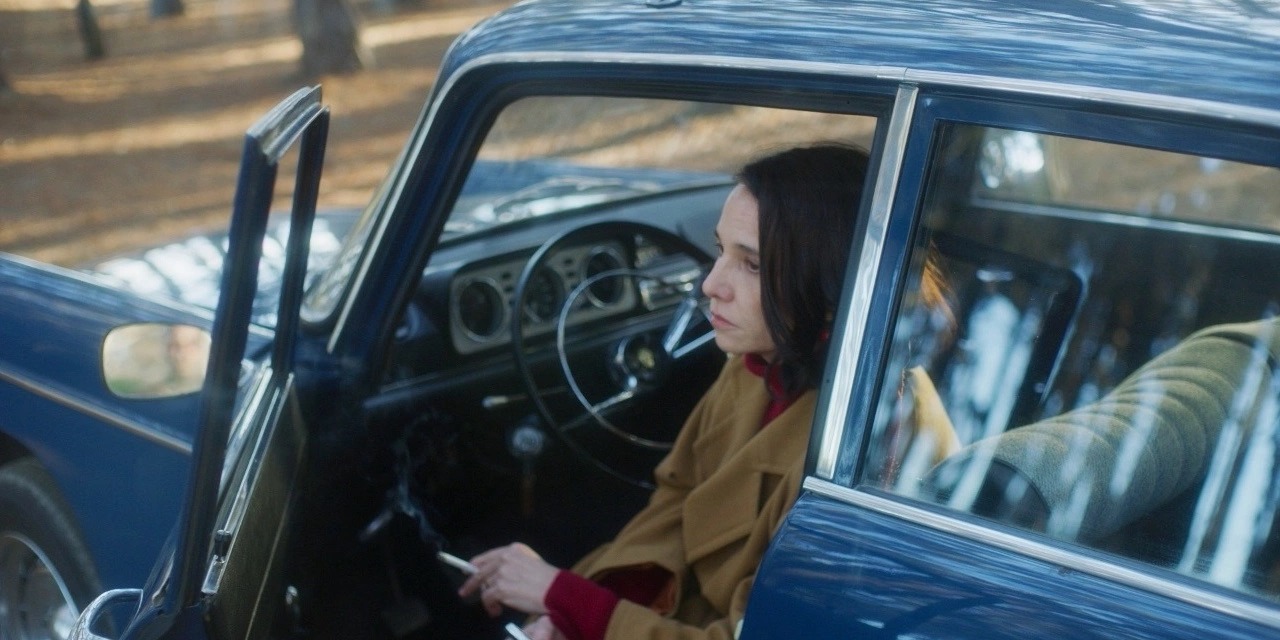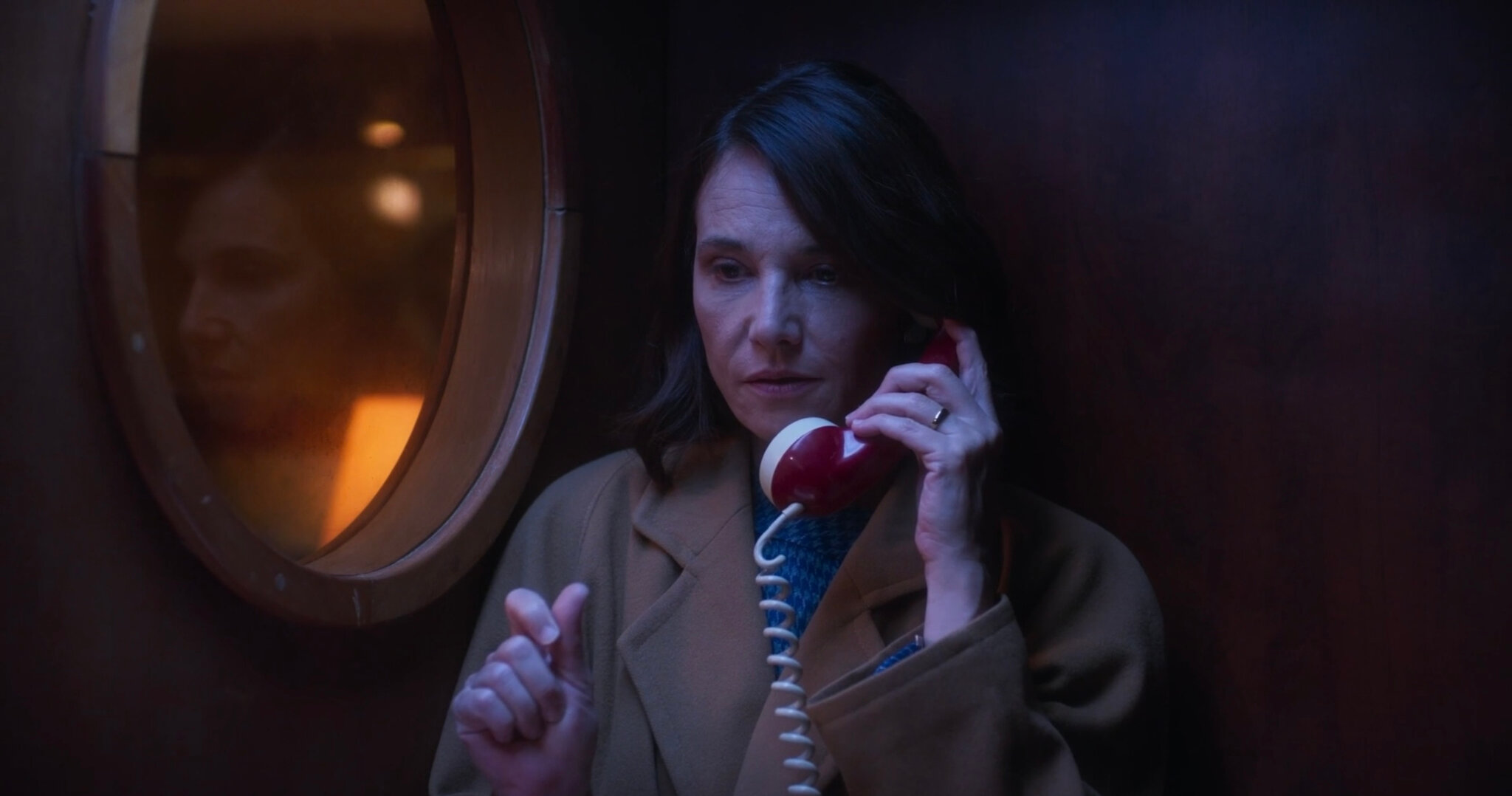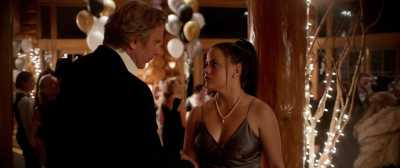Chile '76 - A Review at the SIFF



Film
This film was viewed at the 49th Seattle International Film Festival
Synopsis: In Chile, 1976, Carmen along with her family go to their beach house to supervise its renovation. Meanwhile her priest asks her to look after an injured young man who could use some medical attention. Murky truths, blurred lines and the fate of those who oppose President Pinochet push Carmen down a path of anxiety and paranoia.
Three years after the violent coup d'état led by Augusto Pinochet, that saw the end of Salvador Allende's democratically elected government, Chile '76 takes place in a time of unease amongst Chileans. Pinochet's regime was known for persecuting political critics, leftists, and thousands of others resulting in death, internment, and/or torture. The historical setting of Chile '76 paints this very picture, with various characters worried about being followed, breaking curfew, or being arrested in the streets.
Within the first few minutes of the film, writer and director Manuella Martelli exposes the viewer to the brutal reality of the Chilean world but also the divide amongst the social strata. Carmen (Aline Küppenheim) is purchasing some paint to renovate her family's beach house, an indication of wealth and status, when a commotion out on the street results in a singular drop of paint falling onto her pristine shoes. A sign of forced anarchy into Carmen's ordered world. The paint shop then closes the blinds to prevent patrons from witnessing the public arrest of an assumed lower class citizen, a motivated blindness to the atrocities that don't directly affect those that have wealth and status.
It's clear in this introduction that Carmen is in a higher tax bracket than average citizens and can afford, monetarily and morally, to ignore the transgressions occurring publicly to other Chileans. What causes this to change is when her priest Father Sánchez (Hugo Medina) requests Carmen to watch over a young injured man, who has been shot. Father Sánchez claims this man is a common criminal with a record, invoking a "good samaritan" type of response from Carmen as she agrees.
The persistent theme of chosen vs. forced chaos is prevalent, with one of the primary vehicles being the appearance of numerous characters' shoes. Carmen, having paint dripped on her clean shoe is an example of forced whereas something as simple as opting for a beach house renovation is chosen. In this renovation the workers enter the house with dirty shoes, prompting a quick "take your shoes off next time" from Carmen's family, a snappy revocation of undesired disorder. However, the biggest factor here is Carmen's decision to help an injured man, told he's merely a common criminal, whose shoes are a disaster. Now Carmen's idyllic life has been thrust into a state of flux through her own decisions, her own ideals. The chaos only deepens, spiraling as she discovers that this man is in fact a political dissident of Pinochet, putting her and possibly her family in a direct line of danger.
Thematically these elements are quite strong, however they are not as reinforced as I would have wanted throughout the film. Carmen's descent into an anxious paranoia should've referenced these premature points at the apex of the film, cementing the metaphor into the viewers mind.
Aside from the shoe-wear of the bourgeois, Küppenheim's meticulous and well-crafted performance is the strongest point of the film. As I mentioned, her tumble from her utopian wealthy lifestyle into that of paranoia and deceit is perfectly displayed through thoughtful facial expressions and eye-acting. Glances over her shoulder, chain smoking, along with some very well done moments of the unreliable narrator where she questions whether she locked her car or misplaced certain papers. Carmen is the focal point of the film and much of Chile '76's success hinges on Küppenheim's outstanding work.
Now the production design and lighting that Martelli utilizes is nothing short of stunning. Long panning shots across peeling pastel painted buildings, along with a dreamy light from a bright overcast sky establish an ominous and timely feel to the story. The lighting enlists the support of the entire color wheel which is apparently a tall order for many films these days, with hues of blue, yellow, and red dominating the palette delivering gorgeous results. Stylistically it reminds you of a Pablo Larraín feature such as the recent Spencer. Sometimes the ambiguity of the imagery and opaque film styling can be detrimental to the overall goal of the piece but in the end it's a rewarding film. The ending is one where you pull out what you think of Carmen, which I adore in a film.
While this may not be everyone's cup of tea, again very similar in tone and style to Larraín's work, there's no denying that Martelli has something here. I loved the pacing, the tone, and the performance from Küppenheim, all of which was more additive than subtractive to the film. I could've benefitted from more commentary on Pinochet and the stakes at play for Carmen, on top of the underhand remarks on torture and a singular body washing up onshore. But in the end I enjoyed Chile '76, was transfixed at Carmen's struggles as a duality with her wealthy lifestyle, and felt transported to another time with the production. Which, in the end, is truly all you can ask for in a film. A mighty fine film at that.
Froth
I've been talking a lot about the lighting used by Martelli throughout the film, the dreamy opaque style of soft light accenting the various pastel colors of Chile in the 70's. While one could easily think of this as a hazy type of style I think something a little less on the nose is the perfect accompaniment. Ravenna Brewing's Transition Lenses IPA is the perfect in between appearance for this film, with a bright color and look while also showing off a slight translucence mirroring that of the film.
I'm a real sucker for a mosaic hop brewed IPA so the combination of chinook and mosaic hops creates a fantastic citrus and pine profile that is absolutely delightful. It's floral and has that earthy forward dank taste that IPA lovers appreciate and rounds the bases headed home with a nice bitterness that mellows out the bright fruity forward flavors. Coming in at a solid 6.2% ABV, a couple of these delicious brews will accentuate the soft light of the film, the subtlety of Martelli's style and Carmen's journey all while your eyes make the adjustment with your new Transition Lenses.










